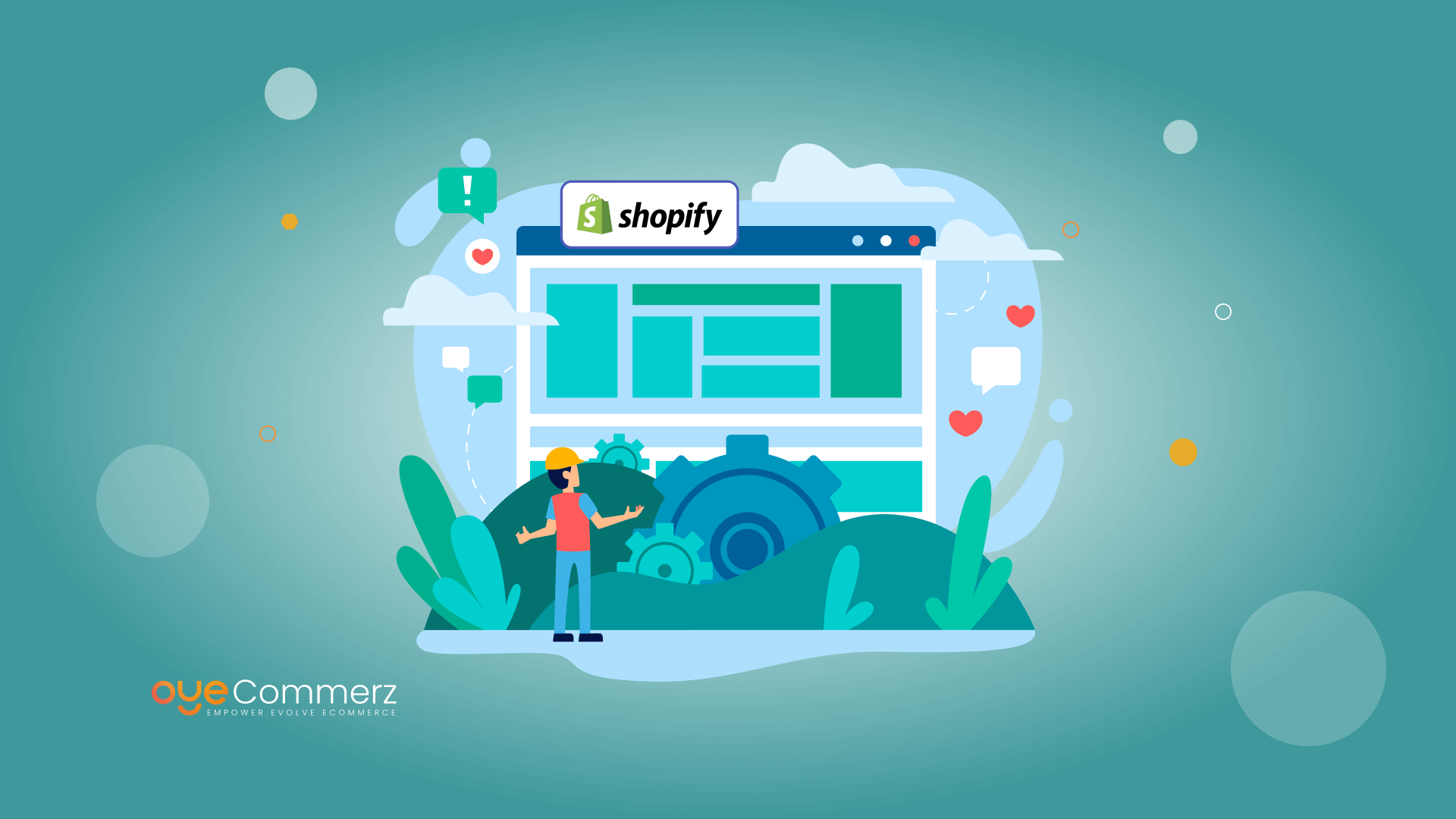Introduction
In the current competitive e-commerce environment, standing out is paramount, and a top method to differentiate a Shopify store is through tailored app development. A well-built Shopify app can enhance store functionality, simplify processes, and elevate customer interaction. This article delves into essential aspects of Shopify app development, from API integration to growth techniques and promotion methods, providing a roadmap for companies seeking unmatched store efficiency.
The Importance of Shopify API Integration
Shopify’s API offers robust tools to personalize and extend store functionalities. With the GraphQL and REST API options, developers can access data to create apps that handle inventory management, order processing, and customer data management smoothly. Integrating Shopify’s API can enable improved workflow automation and enables stores to assist shoppers more efficiently.
Adopting the Polaris Design System
Shopify’s Polaris is Shopify's design system for designing intuitive and accessible Shopify apps. By adhering to Polaris principles, developers guarantee that apps seamlessly integrate within the Shopify Admin experience. This ensures a cohesive look and feel that appeals to Shopify merchants, promoting usability and familiarity for merchants utilizing your tailored app.
Understanding the Shopify App Ecosystem
The Shopify app ecosystem provides numerous opportunities for improving online stores. From managing fulfillment processes to increasing customer interaction, apps in this ecosystem are designed to meet diverse business needs. Learning about this system assists developers in finding unique app opportunities and enables seamless integration of external tools that add value to the store.
Developing Embedded Shopify Apps
Embedded apps work seamlessly within the Shopify Admin, providing a smooth interface for merchants. They allow merchants do not need to navigate away from their Shopify control panel, simplifying their process. Using Shopify App Bridge and embedded app features is a best practice for providing a unified, well-integrated user experience.
Using Node.js and React for Shopify Apps
The technologies Node.js and React have emerged as ideal tools for Shopify app creation. Node.js enables efficient server-side applications, while React enables dynamic, responsive front-end user interfaces. Combined, they provide an excellent platform for creating speedy, scalable Shopify apps that improve store functionality and customer interaction.
Utilizing Webhooks in Shopify Development
Webhooks allow real-time data updates between Shopify and an external app. They trigger events such as new orders or inventory updates and provide immediate notifications to your app. By implementing webhooks, apps can provide up-to-date information to store owners, simplifying processes and boosting efficiency.
Customer Engagement and Digital Marketing for Shopify Apps
To make a Shopify app successful, connecting with users is Custom solutions for Shopify growth crucial. Utilizing online marketing techniques like SEO, email marketing, and social outreach can drive app adoption. Additionally, creating applications with customer engagement in mind (e.g., loyalty programs or personalized suggestions) boosts user retention and loyalty.
Making Your Shopify App Scalable
As e-commerce businesses grow, so do their technological needs. Making sure that your app can manage increased traffic, larger databases, and more advanced functionalities is critical. By improving server E-commerce app development resources and using scalable solutions, you can create apps that expand in tandem with a store’s growth.
Essential Features and Maintenance for Shopify Apps
For an app to be effective, it should offer key capabilities like user login, dashboard analytics, and customer support options. Ongoing app upkeep, including updates to fix bugs and ensuring compatibility with new Shopify features, is vital to maintain uninterrupted performance and prevent disruptions to merchant workflows.
Summary
Custom Shopify app development holds vast potential for e-commerce businesses, offering the chance to enhance store functionality, simplify operations, and foster customer loyalty. With API integrations and Node.js to ensuring scalability and customer interaction, creating a Shopify app requires thoughtful preparation and well-planned actions. If you’re ready to unlock your store’s full potential, a tailored Shopify application may be the ideal solution. What features do you see for your ideal app? Share your ideas and take the first step toward an optimized e-commerce journey!
